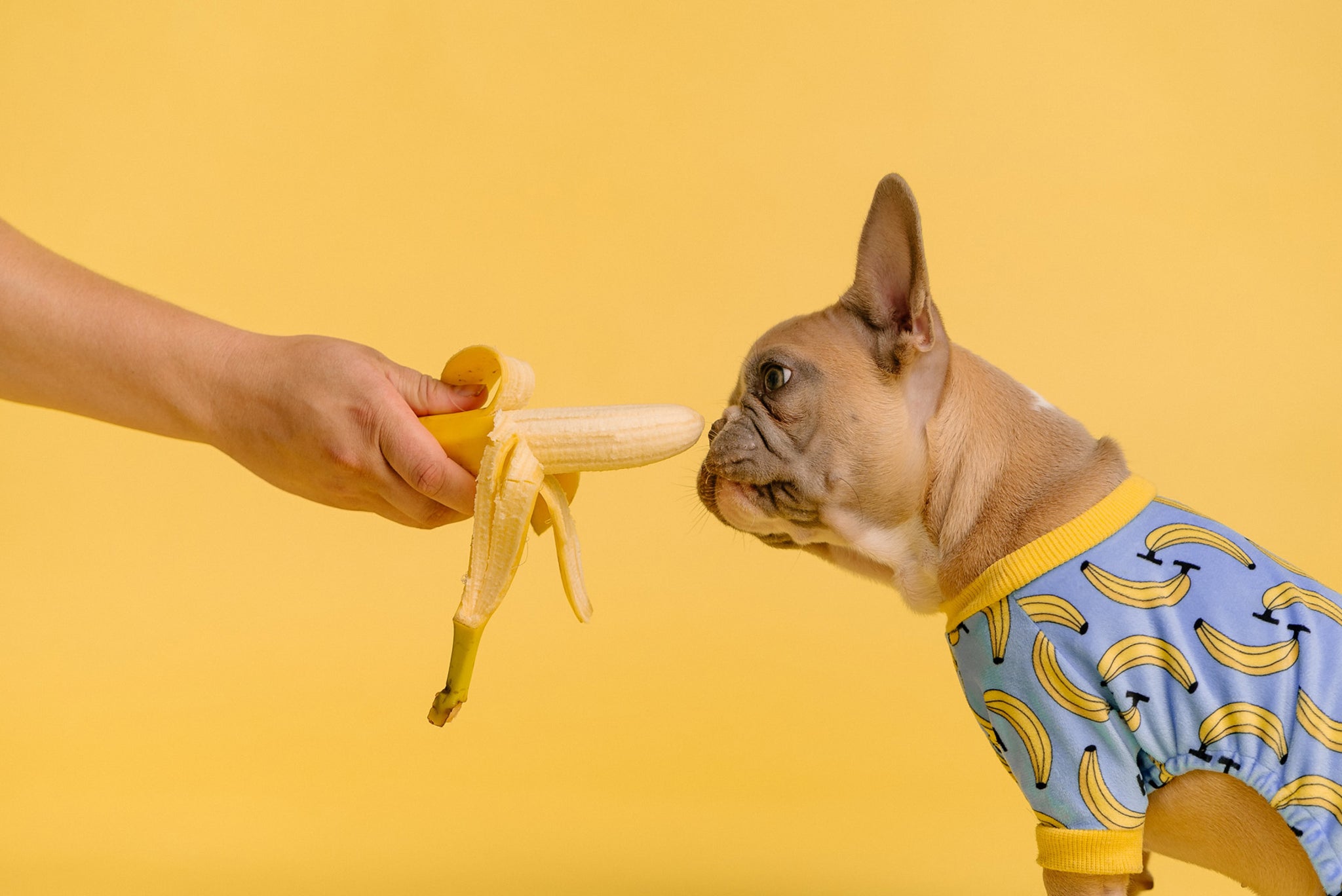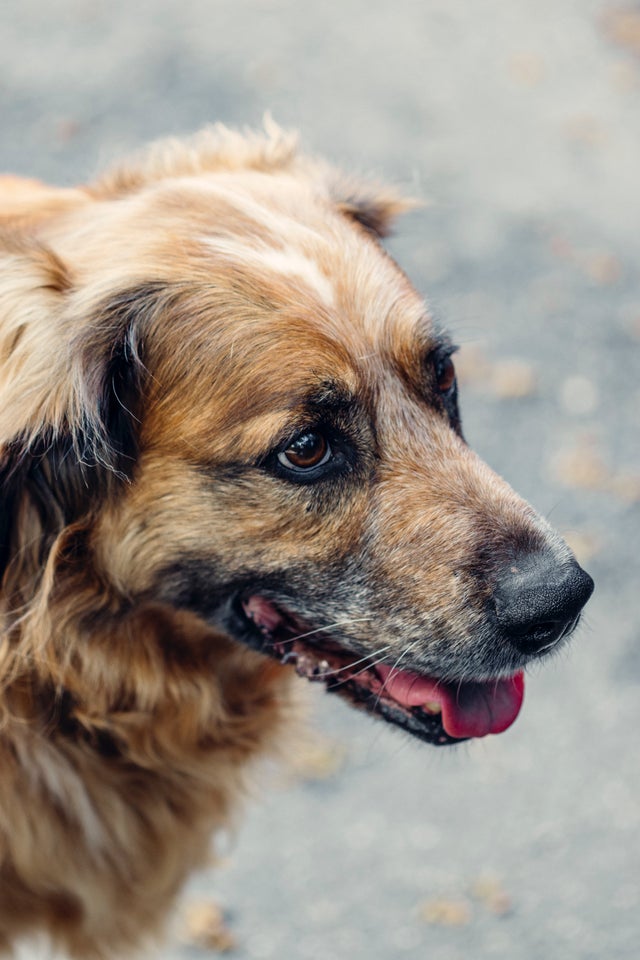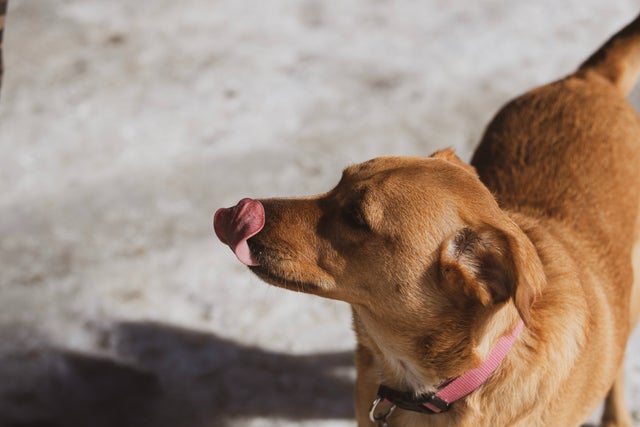It may be tempting to share your food scraps with your pet, but it’s important to know what foods to avoid. Many human foods can be toxic for dogs. Avoid feeding your dog the following foods.
Avocados
The pit of an avocado is a choking hazard for dogs, but that’s not the only risk of avocados. Your dog should avoid avocados and avocado plants because of the toxin persin, which is found in the fruit, pit, leaves, and plant. Side effects of persin include vomiting and diarrhea.
Chocolate
If consumed, chocolate may cause panting, vomiting, diarrhea, abnormal heartbeat, seizures, or even death. Baking chocolate is the most toxic for dogs, followed by semi-sweet chocolate, and then milk chocolate. All chocolate should be avoided.
Grapes & Raisins
Grapes and raisins are highly toxic for dogs. They may cause kidney failure which can result in death. Other symptoms of grape consumption include vomiting, diarrhea, dehydration, lethargy, and decreased appetite.
Milk & Dairy
Avoid giving your dog large amounts of milk or dairy products. Dairy is high in fat and sugar. Some dogs will have diarrhea or vomiting if they consume dairy products. Additionally, lactose intolerance—an inability to digest milk—is common in dogs.
Peaches
Peaches are high in sugar and fiber, which can cause stomach upset or diarrhea in dogs. Peach pits, besides being a choking hazard, are toxic.
Potatoes
Raw potatoes contain a compound toxic to dogs. Cooked potatoes can be fed to dogs, but do not add salt or butter. Butter can cause blood sugar spikes in dogs. Potatoes are carb-heavy, and can cause weight gain. Sweet potatoes are healthier than regular potatoes. Moderation is key with potatoes.
Salty Foods
Salty foods dogs should avoid include potato chips, fries, and pretzels. Salt can cause dehydration in dogs. Other effects of too much salt include tremors, elevated body temperature, seizures, vomiting, and diarrhea.
While there are a number of foods for your dog to avoid, there are some human foods that are good for them. Yes, bananas can be a great snack for dogs. They're high in potassium, vitamins, and fiber, but low in cholesterol and sodium. It’s always best to consult with your veterinarian before changing your pet’s diet.




